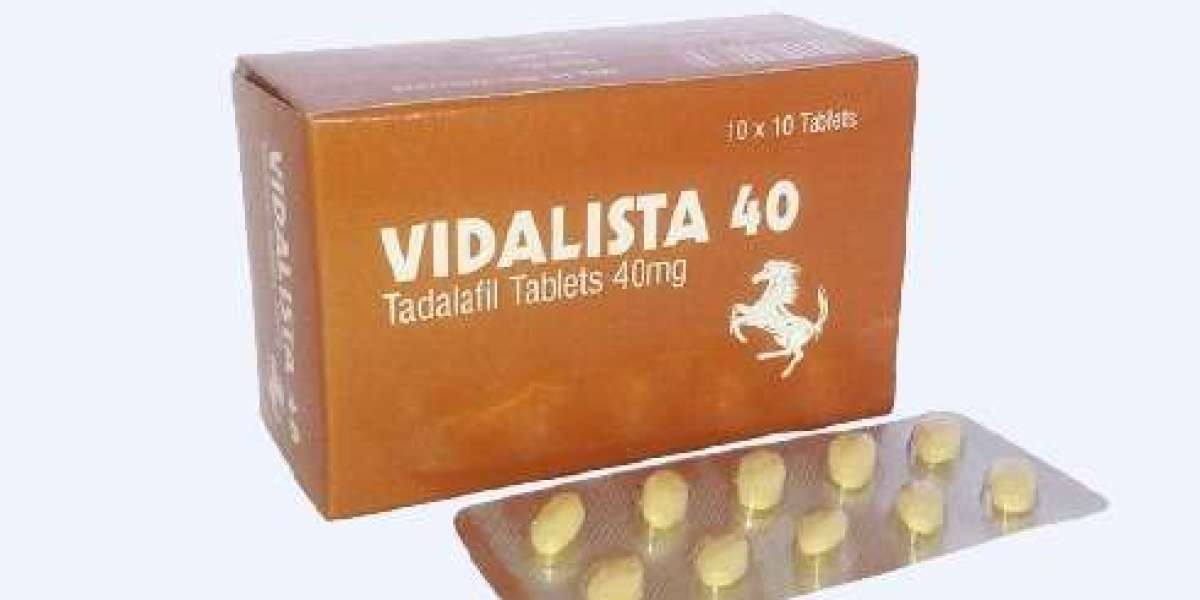Asthma, a chronic respiratory condition affecting millions globally, is characterized by inflammation and narrowing of the airways, leading to symptoms like wheezing, coughing, shortness of breath, and chest tightness. While conventional medications such as bronchodilators and corticosteroids are commonly used to manage asthma, the interest in alternative therapies like homeopathy has been steadily increasing. This comprehensive exploration aims to scrutinize the effectiveness of homeopathic remedies in managing asthma symptoms and discuss essential considerations for individuals seeking alternative treatments.
Understanding Asthma:
Asthma is a complex and multifaceted condition characterized by the inflammation and constriction of the airways. It manifests in various forms, ranging from mild intermittent symptoms to severe persistent attacks. Triggered by a myriad of factors including allergens, respiratory infections, exercise, and emotional stress, asthma symptoms can significantly impair an individual's quality of life. The hallmark symptoms of asthma include wheezing, shortness of breath, coughing, and chest tightness, all of which necessitate prompt management to prevent exacerbations.
Conventional Treatment Approaches:
Conventional medical treatments for asthma predominantly revolve around symptom management and prevention of acute attacks. Bronchodilators, such as beta-agonists and anticholinergics, function by relaxing the muscles surrounding the airways, thus facilitating smoother breathing during asthma exacerbations. Corticosteroids are instrumental in reducing airway inflammation, thereby mitigating the frequency and severity of symptoms. Moreover, lifestyle modifications such as identifying and avoiding triggers, maintaining a healthy weight, and cessation of smoking play pivotal roles in managing asthma effectively.
Introduction to Homeopathy:
Homeopathy, established by German physician Samuel Hahnemann in the late 18th century, operates on the principle of "like cures like." According to this doctrine, substances capable of inducing symptoms in a healthy individual can be utilized to treat similar symptoms in a diseased individual. Homeopathic remedies, derived from natural substances and prepared through a process of dilution and succussion, are believed to possess therapeutic properties that stimulate the body's innate healing mechanisms. Homeopathy endeavors to restore harmony on physical, emotional, and mental levels, fostering holistic well-being.
Exploring Homeopathic Treatment for Asthma:
For some individuals with asthma, homeopathy serves as a complementary or alternative therapeutic avenue to conventional medical treatments. The allure of homeopathy lies in its individualized approach to treatment, where remedies are tailored to match the unique symptomatology, medical history, and overall constitution of each patient. Homeopathic practitioners, guided by the principles of holistic healing, prioritize patient-centric care, acknowledging not only the physical manifestations of asthma but also the emotional and psychological aspects. By delving into the root causes of asthma symptoms, homeopathy aims to facilitate long-term recovery and resilience.
Efficacy of Homeopathic Remedies for Asthma:
Despite anecdotal reports attesting to the efficacy of homeopathic remedies in ameliorating asthma symptoms, the scientific evidence supporting their effectiveness remains contentious. While certain studies suggest promising outcomes, others fail to demonstrate a discernible advantage over placebo. Systematic reviews and meta-analyses grappling with the data yield divergent conclusions, with detractors questioning the veracity of homeopathy as a legitimate therapeutic modality. Various factors, including study design, sample size, and patient heterogeneity, contribute to the ambiguity surrounding research findings in this domain.
Criticism and Skepticism:
Critics of homeopathy raise legitimate concerns regarding its scientific plausibility and empirical substantiation. The dilute nature of homeopathic remedies, often devoid of detectable molecules of the original substance, casts doubts on their pharmacological mechanism. Skeptics advocate for evidence-based medicine and advocate for stringent scrutiny of alternative therapies like homeopathy. While open to empirical inquiry, they caution against uncritical acceptance of practices lacking empirical validation. Additionally, the potential risks associated with delaying or substituting conventional asthma management with homeopathy warrant careful consideration.
Considerations for Individuals with Asthma:
Individuals contemplating homeopathy as an adjunctive therapy for asthma management must exercise prudence and consult with qualified healthcare professionals. Homeopathy should be perceived as a supplementary therapeutic approach rather than a replacement for evidence-based medical interventions. The prospect of forgoing conventional asthma management in favor of homeopathy entails inherent risks, including exacerbations and complications. Informed decision-making, predicated on a comprehensive understanding of the benefits and limitations of homeopathy, is indispensable. Collaborative engagement with healthcare providers is imperative to devise tailored treatment plans that optimize asthma management while accommodating individual preferences and needs.
Conclusion:
In conclusion, while homeopathy holds promise as a personalized and holistic approach to asthma management for select individuals, its efficacy remains shrouded in uncertainty in the the absence of robust scientific validation. Integration of homeopathy into comprehensive asthma management protocols necessitates a judicious balance between evidence-based medical interventions and complementary therapies. Collaborative partnership between patients, healthcare providers, and homeopathic practitioners is indispensable to ensure the delivery of safe and efficacious asthma care tailored to individualized requirements. Further research endeavors are warranted to elucidate the role of homeopathy in asthma management and to address the lingering questions and controversies surrounding its adoption.
Book an Appointment Now: https://www.dharmahomoeo.com
Source: https://diigo.com/0vi82p







